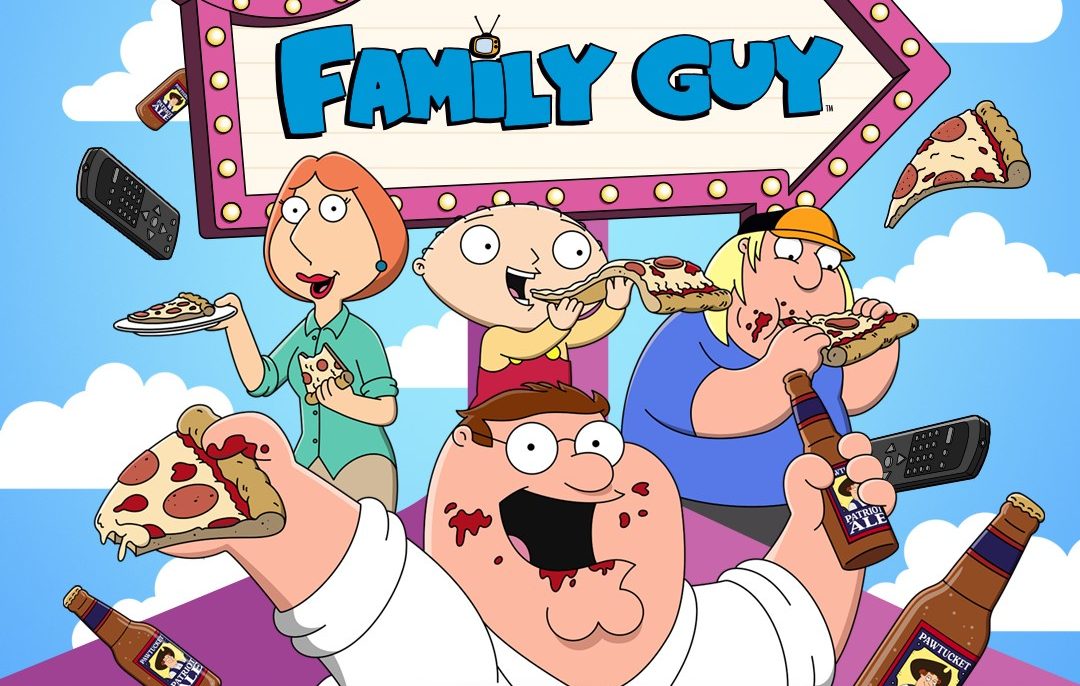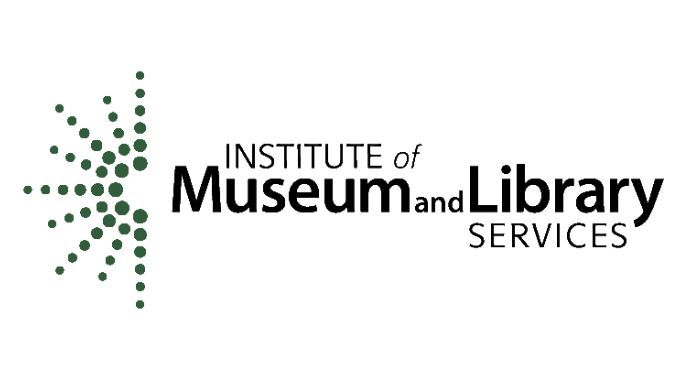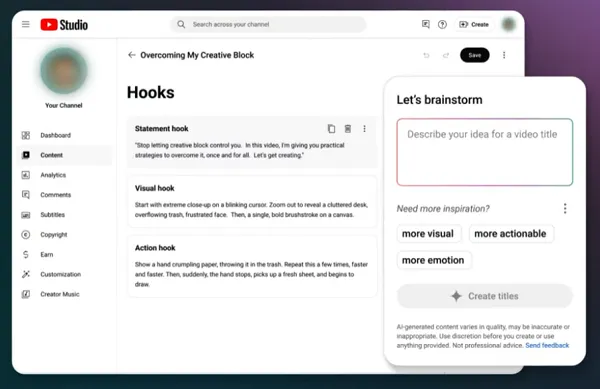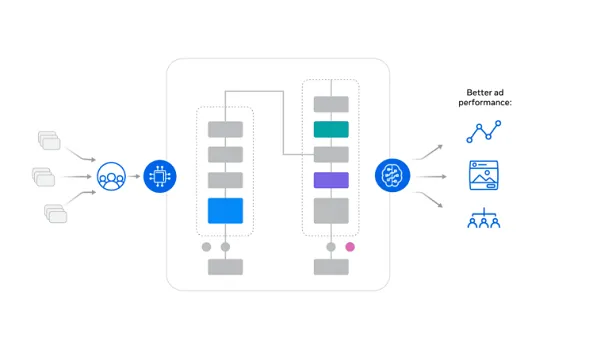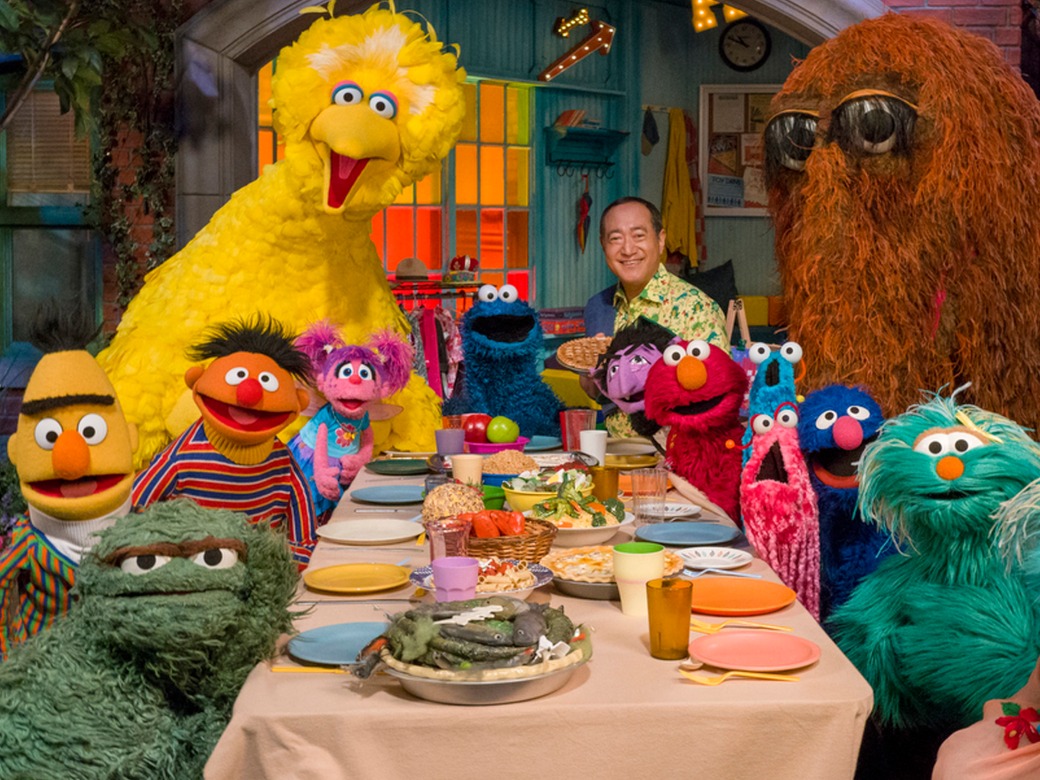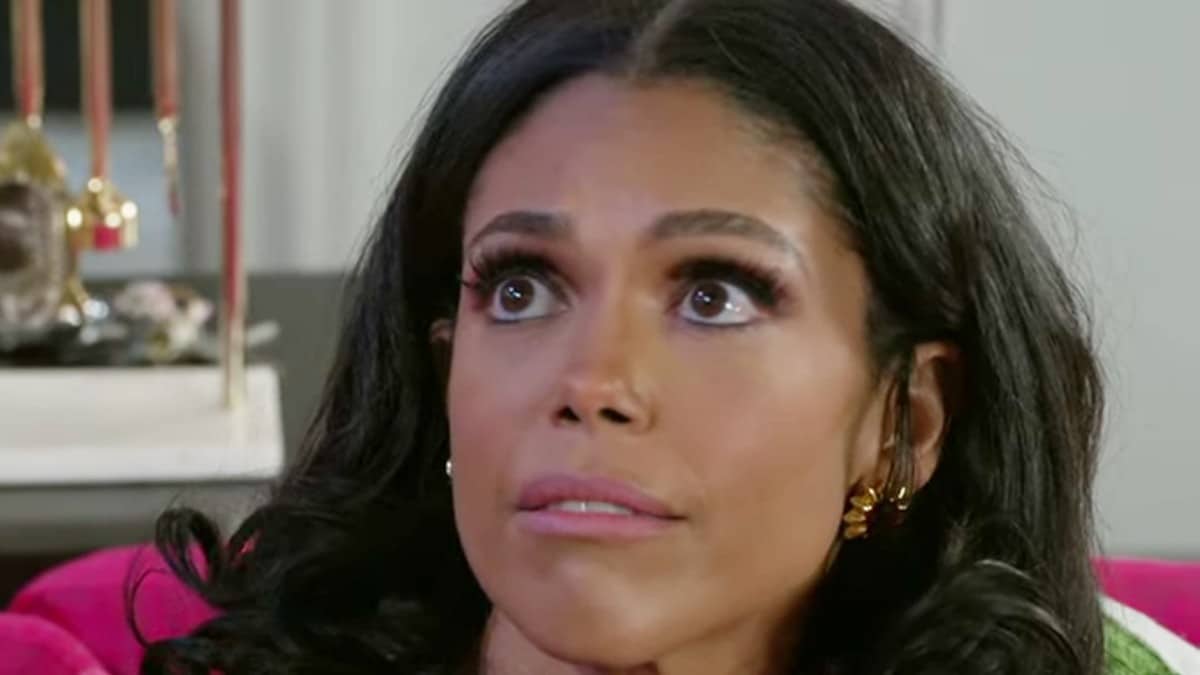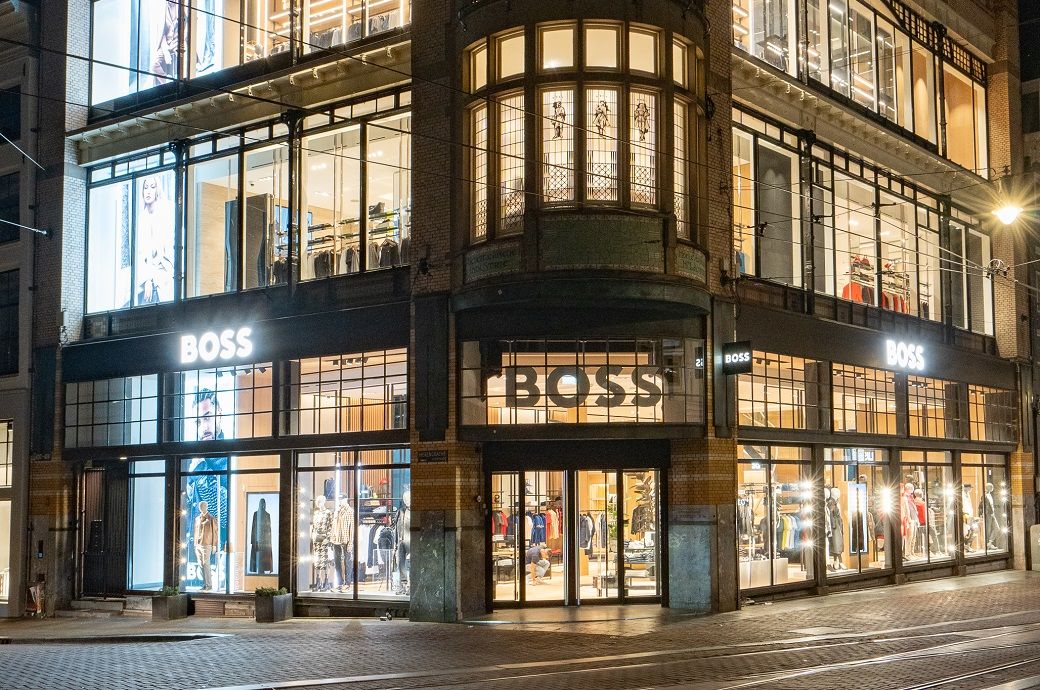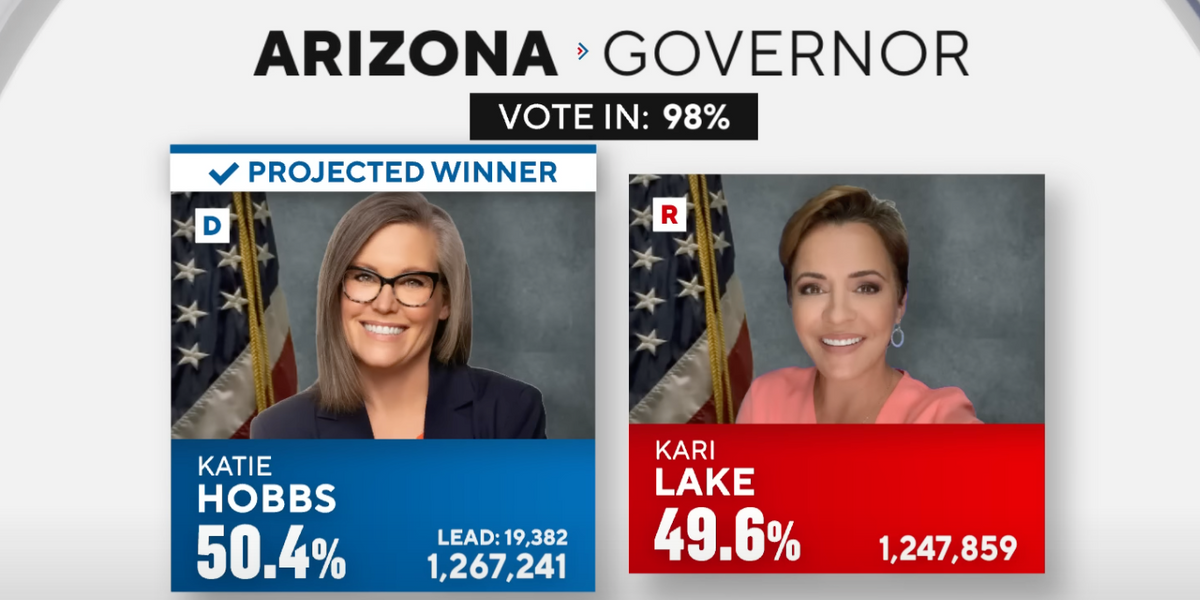The European Union (EU) and Mercosur, comprising Argentina, Brazil, Paraguay, and Uruguay, have reached an agreement in principle to establish a bilateral trade deal. This pact, which has been in negotiation for 25 years, aims to create a free-trade zone encompassing over 700 million people across two continents. However, political hurdles, particularly in Argentina, could complicate the ratification process. Argentina has even hinted at withdrawing from the Paris Climate Agreement, adding to the challenges.
At a press conference, Ursula von der Leyen, President of the European Commission, emphasized the broader significance of the agreement. She described it as a demonstration of how democracies can cooperate effectively in an increasingly polarized world, labeling the deal both an economic opportunity and a political necessity.
Despite this, opposition to the agreement has been vocal, especially in France, where farmers have protested by dumping manure in public areas. French farmers argue against increased imports of beef, poultry, and sugar, citing concerns over the impact on local markets. The agreement allows 99,000 tons of beef imports to the EU at a reduced 7.5% duty, accounting for 1.6% of the region’s total beef production. Similarly, poultry and sugar imports will constitute 1.4% and 1.2% of total imports, respectively. Currently, Mercosur exporters face an average 40% duty on these products.
Sophie Primas, France’s Junior Minister for Trade, expressed firm opposition to the deal, stating that France is not alone in its resistance and could form a blocking minority to prevent ratification.
The agreement’s broader implications include giving Mercosur countries greater access to EU markets while allowing European nations to diversify trade amid potential conflicts involving the United States and China. It also opens opportunities for the EU to tap into Latin America’s critical mineral resources.
In 2022, European firms exported €56 billion in goods and €28 billion in services to Mercosur countries. While the trade agreement has been finalized in principle, it must undergo legal checks and translation—a process that could take several months.
Further complicating matters is uncertainty regarding how the deal will be received by international players, including U.S. President-elect Donald Trump, who has threatened various countries with trade tariffs since his election.
If ratified, the agreement could pave the way for expanded investment and political cooperation between the EU and Mercosur. However, failure to finalize the deal would pose significant political challenges for both the EU and its leadership, especially Ursula von der Leyen.
Have you read?
Countries: Powerful Passports.
Countries: Richest.
Countries: Poorest.
Countries: Happiest.
Countries: Life Expectancy.
Add CEOWORLD magazine to your Google News feed.
Follow CEOWORLD magazine headlines on: Google News, LinkedIn, Twitter, and Facebook.
Copyright 2024 The CEOWORLD magazine. All rights reserved. This material (and any extract from it) must not be copied, redistributed or placed on any website, without CEOWORLD magazine’ prior written consent. For media queries, please contact: info@ceoworld.biz











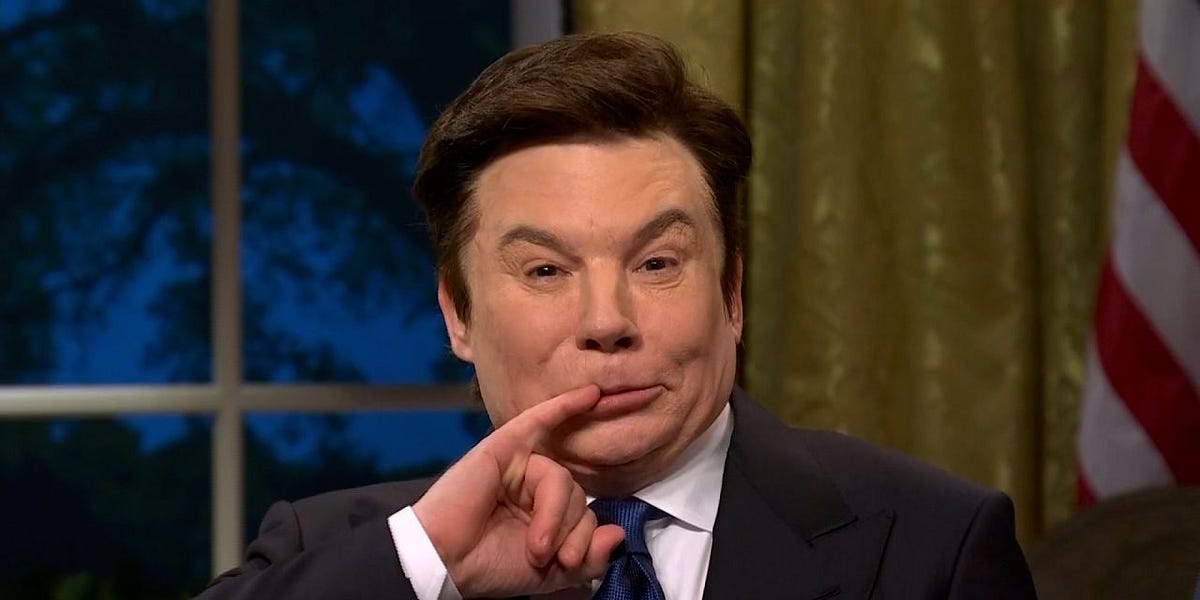
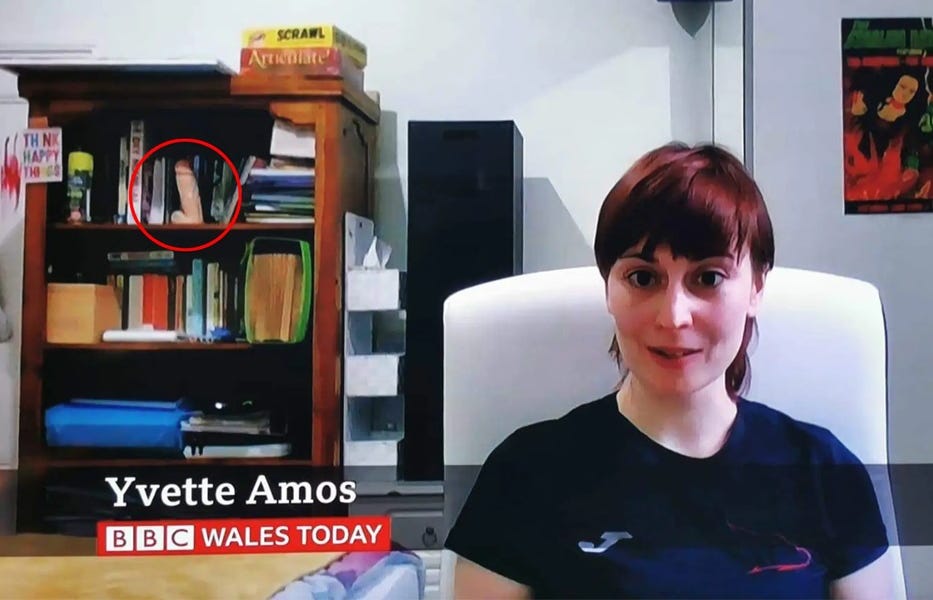


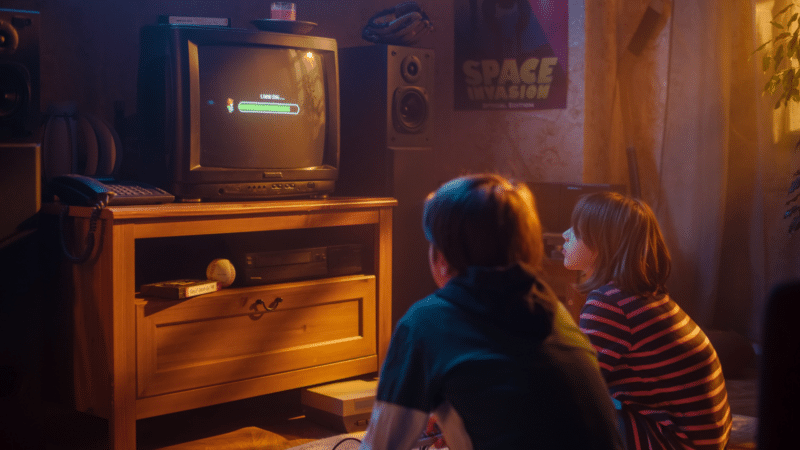






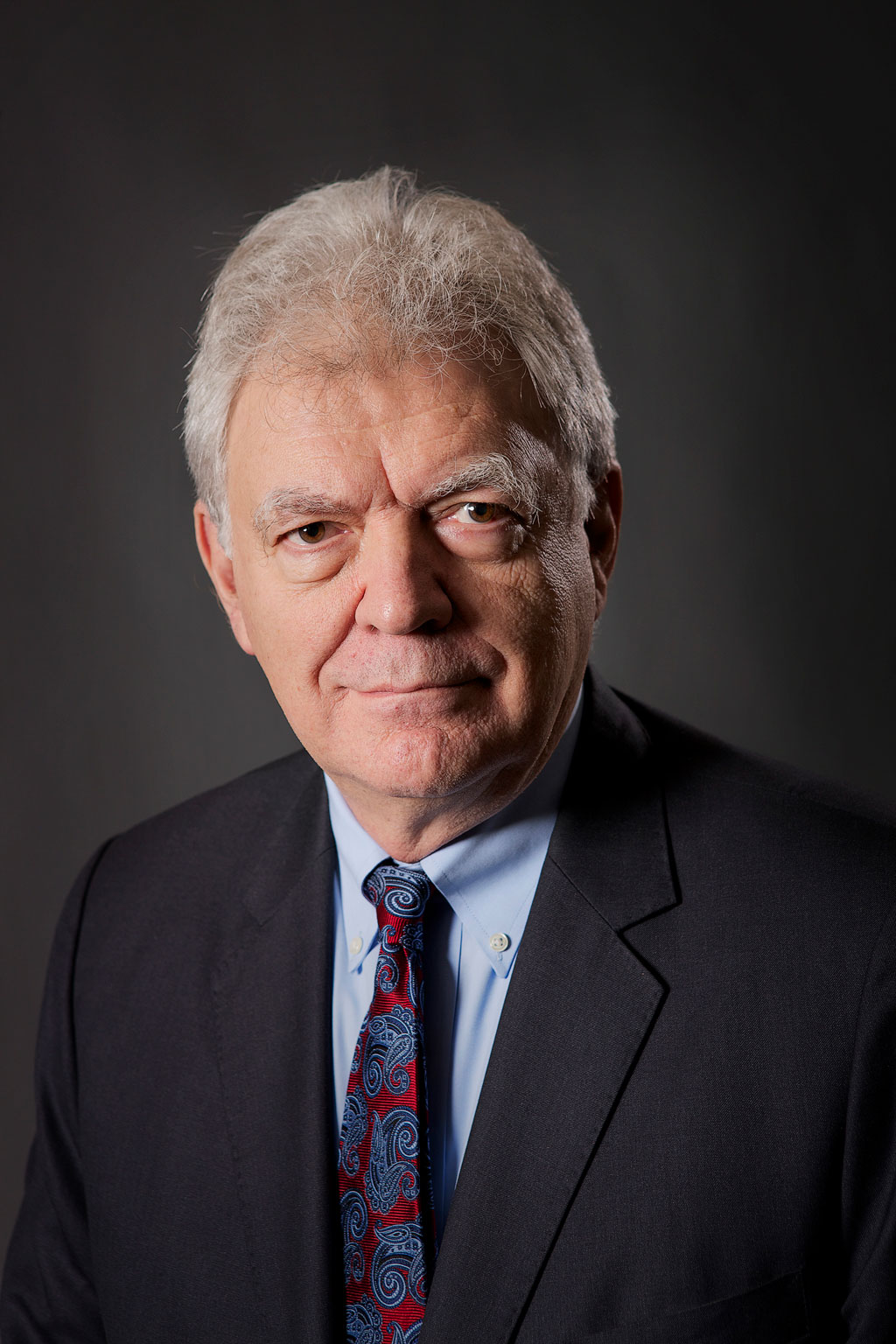






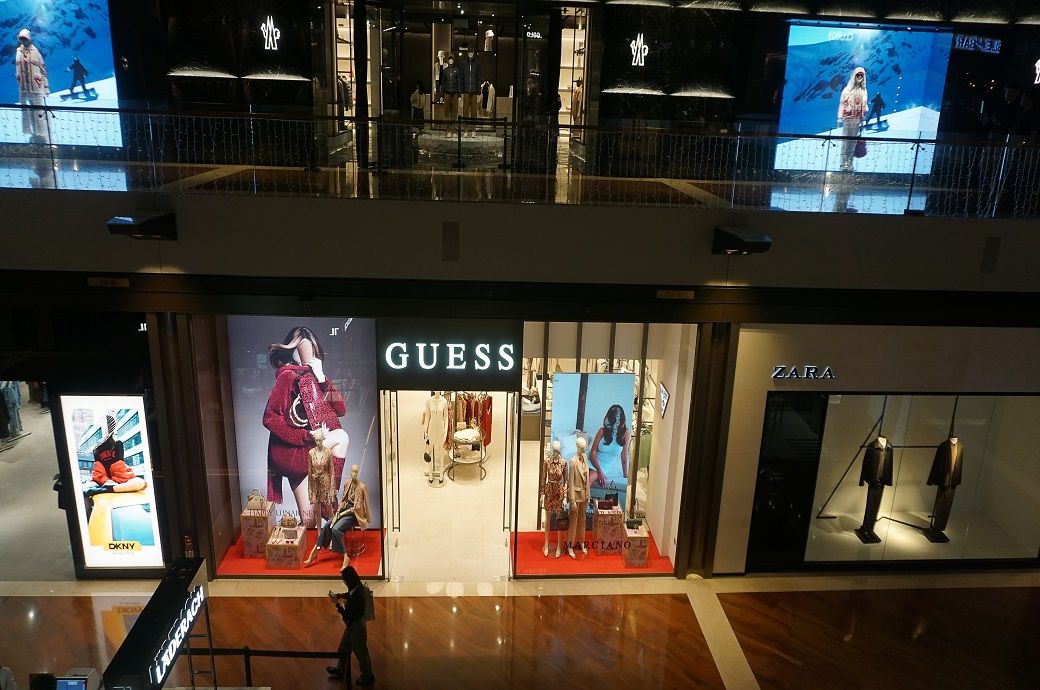







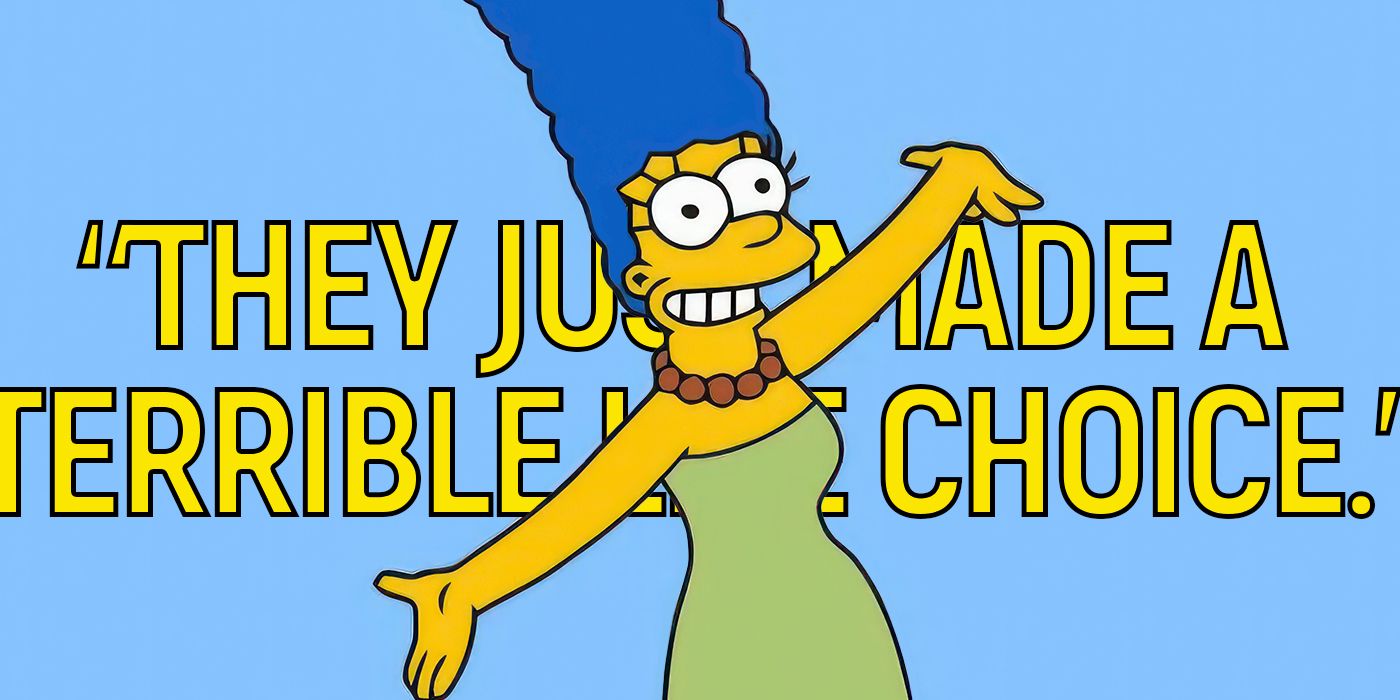


![Spider-Man Is Back in Black With the Green Goblin in New Funko Pop! Figures [Exclusive] Spider-Man Is Back in Black With the Green Goblin in New Funko Pop! Figures [Exclusive]](https://static1.colliderimages.com/wordpress/wp-content/uploads/2025/03/spider-man-the-animated-series-green-goblin.jpg)






